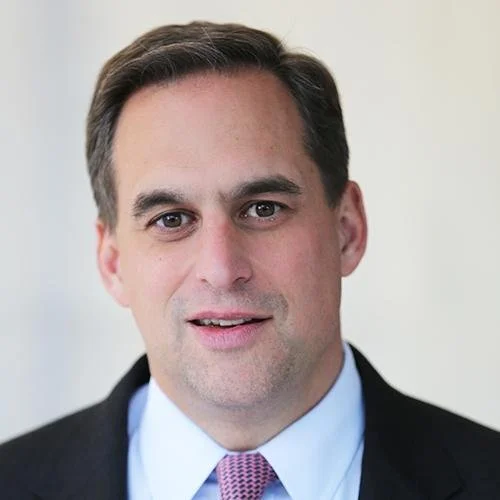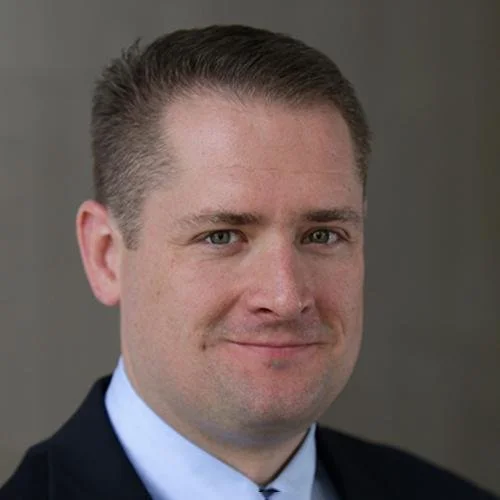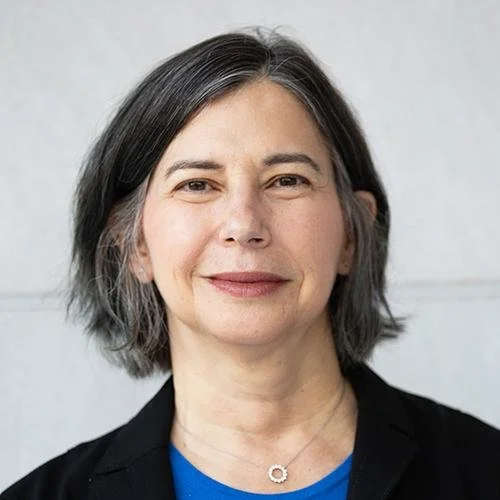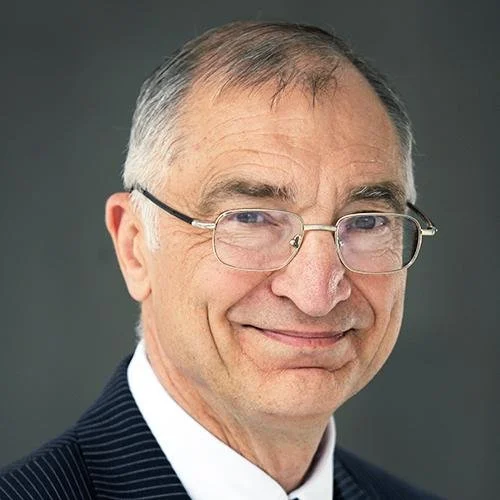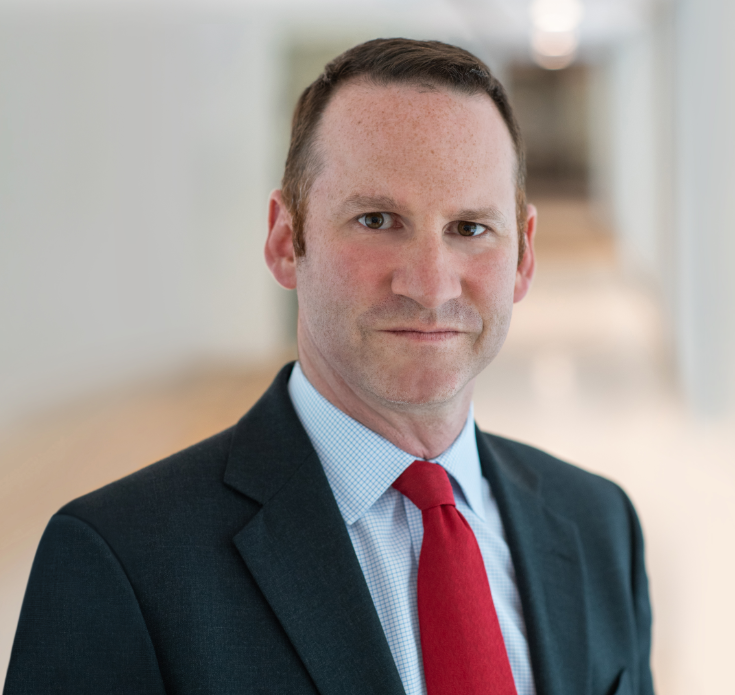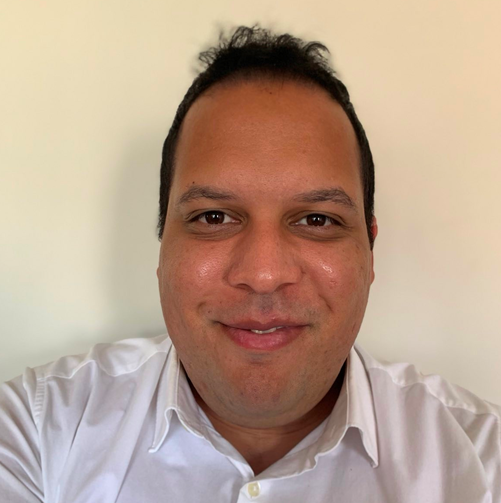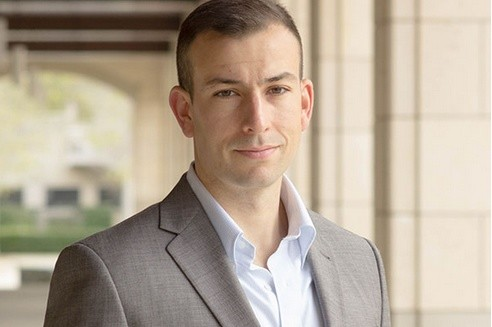Biographies
Seth Jones
Seth Jones is senior vice president, Harold Brown Chair, director of the International Security Program, and director of the Transnational Threats Project at the Center for Strategic and International Studies (CSIS). He focuses on defense strategy, military operations, force posture, and irregular warfare. He leads a bipartisan team of over 50 resident staff and an extensive network of non-resident affiliates dedicated to providing independent strategic insights and policy solutions that shape national security. He also teaches at Johns Hopkins University’s School of Advanced International Studies (SAIS) and the Center for Homeland Defense and Security (CHDS) at the U.S. Naval Postgraduate School.
Prior to joining CSIS, Dr. Jones was the director of the International Security and Defense Policy Center at the RAND Corporation. He also served as representative for the commander, U.S. Special Operations Command, to the assistant secretary of defense for special operations. Before that, he was a plans officer and adviser to the commanding general, U.S. Special Operations Forces, in Afghanistan (Combined Forces Special Operations Component Command–Afghanistan). In 2014, Dr. Jones served on a congressionally mandated panel that reviewed the FBI’s implementation of counterterrorism recommendations contained in the 9/11 Commission Report. He is the author of Three Dangerous Men: Russia, China, Iran, and the Rise of Irregular Warfare (W.W. Norton, 2021), A Covert Action: Reagan, the CIA, and the Cold War Struggle in Poland (W.W. Norton, 2018), Waging Insurgent Warfare: Lessons from the Vietcong to the Islamic State (Oxford University Press, 2016), Hunting in the Shadows: The Pursuit of al Qa'ida since 9/11 (W.W. Norton, 2012), and In the Graveyard of Empires: America’s War in Afghanistan (W.W. Norton, 2009). Dr. Jones has published articles in a range of journals, such as Foreign Affairs, Foreign Policy, and International Security, as well as newspapers and magazines like the New York Times, Washington Post, and Wall Street Journal. Dr. Jones is a graduate of Bowdoin College and received his MA and PhD from the University of Chicago.
Tom Karako
Thomas Karako is a senior fellow with the International Security Program and the director of the Missile Defense Project at the Center for Strategic and International Studies (CSIS), where he arrived in 2014. His research focuses on national security, missile defense, nuclear deterrence, and public law. In 2010–2011, he was an American Political Science Association congressional fellow, working with the professional staff of the House Armed Services Committee and the Subcommittee on Strategic Forces on U.S. strategic forces policy, nonproliferation, and NATO. Dr. Karako is also currently a fellow with the Institute for Politics and Strategy of Carnegie Mellon University. He received his PhD from Claremont Graduate University and his BA from the University of Dallas.
Cynthia Cook
Cynthia Cook is director of the Defense-Industrial Initiatives Group and a senior fellow in the International Security Program at the Center for Strategic and International Studies. Her research interests include defense acquisition policy and organization, the defense-industrial base, new technology development, and weapon systems production and sustainment. Dr. Cook is a member of the editorial board for the Defense Acquisition Research Journal and is an adjunct professor at the Pardee RAND Graduate School. From 1997 to 2021, Dr. Cook worked as a senior management scientist at RAND, where she oversaw, led, and worked on a wide range of studies for components across the U.S. Department of Defense, along with the Australian Department of Defense and the UK Ministry of Defense. Previously, Dr. Cook was a research specialist at the Massachusetts Institute of Technology, working on the Lean Aerospace Initiative. Before her graduate studies, Dr. Cook worked in New York as an investment banker, specializing in high-yield finance. She holds a PhD in sociology from Harvard University and a BS in management from the Wharton School of the University of Pennsylvania.
Mark Cancian
Mark Cancian (Colonel, USMCR, ret.) is a senior adviser with the CSIS International Security Program. He joined CSIS in April 2015 from the Office of Management and Budget, where he spent more than seven years as chief of the Force Structure and Investment Division, working on issues such as Department of Defense budget strategy, war funding, and procurement programs, as well as nuclear weapons development and nonproliferation activities in the Department of Energy. Previously, he worked on force structure and acquisition issues in the Office of the Secretary of Defense and ran research and executive programs at Harvard University’s Kennedy School of Government. In the military, Colonel Cancian spent over three decades in the U.S. Marine Corps, active and reserve, serving as an infantry, artillery, and civil affairs officer and on overseas tours in Vietnam, Desert Storm, and Iraq (twice). Since 2000, he has been an adjunct faculty member at the Johns Hopkins School of Advanced International Studies, where he teaches a course on the connection between policy and analysis. A prolific author, he has published over 40 articles on military operations, acquisition, budgets, and strategy and received numerous writing awards. He graduated with high honors (magna cum laude) from Harvard College and with highest honors (Baker scholar) from Harvard Business School.
Jason Rathje
Dr. Jason Rathje currently serves as the Director of the Office of Strategic Capital in the U.S. Department of Defense. OSC’s mission is to attract and scale private capital in support of national security. OSC’s current focus is on the development and implementation of new financial tools to increase public-private investment in our Nation’s enabling and frontier technologies.
From 2019 to 2022, Dr. Rathje served as Director and Co-founder of AFVentures, the Department of the Air Force’s Commercial Investment Arm under AFWERX. In that role, he managed $1.8B of combined government funding and private capital for scaling early to mid-stage technology ventures to support Air Force operations.
Dr. Rathje holds a Doctor of Philosophy in Strategy and Policy from Stanford University, as well as a Bachelors of Science and a Masters of Science in Aerospace Engineering from MIT.
Christine Michienzi
Dr. Christine (Chris) Michienzi is a Scientific Professional (ST), recently serving as a senior executive in the Office of the Secretary of Defense (OSD). She was the Senior Technology Advisor for the Undersecretary of Defense (USD) for Acquisition and Sustainment, where she advised the Undersecretary and other senior DoD leaders on sourcing innovative solutions for the design, development, and production of DoD systems, including facilitating technology transitions to provide cutting edge capability to the warfighter. She also served as the USD’s lead for microelectronics and collaborated with Congressional members and staffers to ensure inclusion of national security requirements and sustainability initiatives in the Creating Helpful Incentives to Produce Semiconductors (CHIPS) Act authorization and appropriation, as well as serving as the A&S liaison to the Department of Commerce.
Dr. Michienzi also provided technical expertise and strategic and policy guidance to the USD and the Assistant Secretary of Defense (ASD) for Industrial Base Policy (IBP) – where she served as the Chief Technology Officer – on the industrial base/supply chains for critical defense technology areas such as missiles and munitions, microelectronics, critical chemicals, hypersonics, and strategic systems. She bridged government (U.S. and international) and private sector efforts as she led the Department’s effort to increase industrial base capacity to accelerate the replenishment of weapons systems donated to Ukraine, enabling DoD to donate even more. Dr. Michienzi’s experience includes expertise in the Defense Production Act (DPA) – Title I Defense Priorities and Allocations System, and Title III investments.
Previously she served as the Missiles and Munitions Industrial Analyst then Director of Industrial Base Assessments in IBP - leading a team of industrial analysts responsible for assessing the capabilities, health, and resiliency of the industrial base on which the Department relies for current and future warfighting capabilities. She and her team developed mitigations to address identified industrial base risks and issues in all industrial sectors, leading to enhanced Department readiness.
Dr. Michienzi began in OSD as the Insensitive Munitions lead for the DoD in the office of the Deputy Assistant Secretary of Defense, where she led a large, multi-Service Science and Technology program, developing technologies to make DoD munitions safer. She also served as the missiles and munitions technical expert for the Technical Director, while at the Navy’s Program Executive Office, Integrated Warfare Systems (PEO IWS), Surface Ship Weapons, where she led the effort to integrate the Navy’s missile systems with the new Air and Missile Defense Radar SPY-6 system.
Luke Coffey
Luke Coffey is a senior fellow at Hudson Institute. His work at Hudson analyzes national security and foreign policy, with a focus on Europe, Eurasia, NATO, and transatlantic relations.
Mr. Coffey was previously director of the Allison Center for Foreign Policy Studies at the Heritage Foundation from 2015 to 2022, in which role he oversaw and managed a team covering most of Heritage’s foreign policy and international affairs work. From 2012 to 2015, he was the Margaret Thatcher fellow at Heritage, focusing on relations between the United States and the United Kingdom and on the role of NATO and the European Union in transatlantic and Eurasian security.
Before joining Heritage, Mr. Coffey served at the UK Ministry of Defence as senior special adviser to then-British Defence Secretary Liam Fox. He was the first non-UK citizen appointed to this position by the prime minister to provide advice to senior British ministers. Among his duties was helping shape British defense policy in relation to transatlantic security, NATO, the Middle-East, and Afghanistan.
Mr. Coffey previously worked in the House of Commons as an adviser on defense and security issues for the Conservative Party. He helped develop and implement policy initiatives on security and defense matters, in particular drafting the defense section of the party’s 2010 election manifesto.
Bryce Barros
Bryce Barros is a Council on Foreign Relations' Term Member. He has over two decades of experience focused on the Indo-Pacific. He previously was a contractor analyst supporting the Defense Innovation Unit's Global Partnerships, Policy Planning, and Congressional Affairs teams. Before that, he served as a China Affairs Analyst at the German Marshall Fund. In addition, he was an analyst at Kharon, researching sanctioned actors and related commercial activities tied to strategic trade controls, supply chains, and human rights abuses in the Indo-Pacific. He also interned at the Long Term Strategy Group, researching Sino-American Strategic Competition and the China-Britain Business Council, researching Chinese market entry for UK and EU companies.

